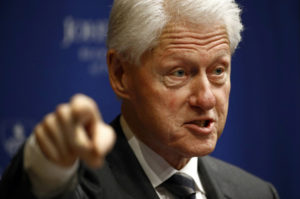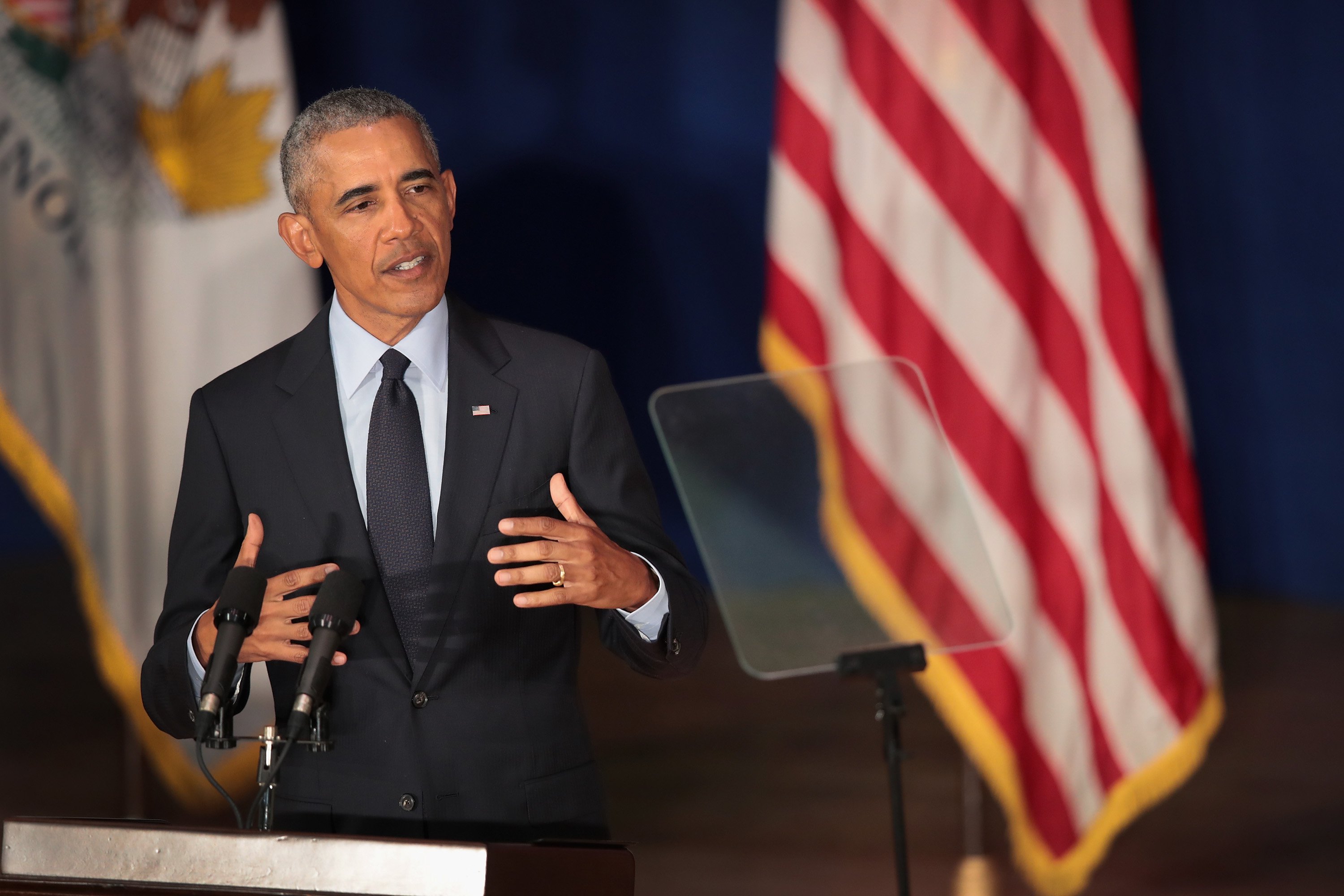Barack Obama’s return to the campaign trail this fall was a violation of tradition and common sense. His tired rhetoric on globalism is a powerful reminder of how fortunate we are without him and the Clintons in power. “Global governance” was the pejorative title of a video produced by Phyllis Schlafly in the ’90s that successfully converted the concept into an object of scorn. Yet here was Obama recycling Bill Clinton’s discredited push for world government at a time when most nations are rejecting it.
Even in the liberal bastion of Sweden, the electorate delivered a mortal blow to globalism there on in September by voting in record numbers for an anti-immigration party. In Italy, the globalists were voted out of office earlier this year. Perhaps it is too much work for Obama to update Bill Clinton’s speeches to keep up with the times. Obama spoke within the safe space of a liberal university campus, where few of the attendees were likely aware of the widespread repudiation of globalism.

Obama’s backward-looking speech was a rehash of his Democratic predecessor in the White House, Bill Clinton, who spoke of a “web of institutions and arrangements” that set “the international ground rules for the 21st century.”
Obama had eight long years to fix the problems of a broken economy, a North Korean dictator with nuclear weapons, ISIS terrorists, and the perpetual war in Afghanistan. He fixed none of those problems, but he did enact an incredibly complex scheme for health care. Due to Obama’s refusal to support simple solutions, like tax cuts, he was the only president in American history to fail to achieve at least 3% annual growth in GDP. The economy took off like a rocket the day after Trump was elected and hasn’t stopped since.
Obama’s backward-looking speech was a rehash of his Democratic predecessor in the White House, Bill Clinton, who spoke of a “web of institutions and arrangements” that set “the international ground rules for the 21st century.” Clinton urged Americans to support what he called “the emerging international system,” such as the International Criminal Court.
Mercifully, the Obama-Clinton claptrap received a rip-roaring response within days from President Trump’s national security adviser, John Bolton. In a powerful speech to the Federalist Society, Bolton took aim at “the global governance dogma,” picking up where Phyllis Schlafly left off.






